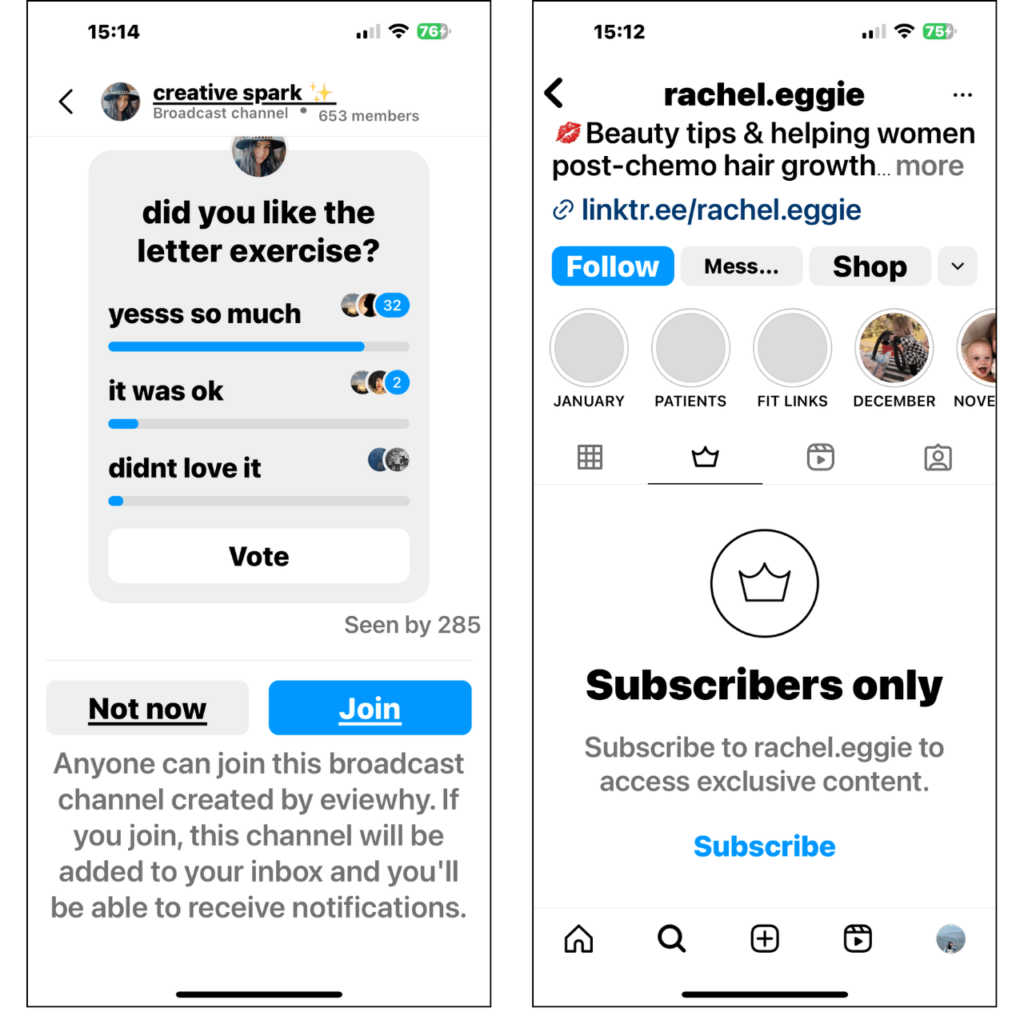(Marketing) -The Branding Playbook: Essential Elements of a Successful Brand
What makes a brand successful?
Successful brands thrive by employing a range of tactics not just to build a strong brand identity but also to establish a genuine connection with their audience. Brand recognition is crucial; being visible in your target market, using marketing campaigns to extend your reach, and standing out from the crowd contribute to increased sales and profits.
What makes a brand successful goes beyond a memorable name, logo, or tagline. To truly survive and thrive in today’s competitive world, making a connection is key. That’s what branding is all about – developing a bond with your existing and potential customers that turns them into advocates for your business, boosts your brand equity, and maintains your competitive advantage.
A great brand finds a place in the hearts and minds of customers. Considering that most of all purchasing decisions are emotionally driven – influenced subconsciously by values, experiences, and feelings – this emotional connection is crucial. In short, effective branding is about creating a lasting connection that goes beyond superficial elements, fostering loyalty and ensuring long-term success.
5 essential elements of a successful brand
a brand promise
A distinguishing factor that set apart numerous top-performing brands is their proficiency in communicating and delivering on a core commitment to their customers.
For example, AirAsia with its tagline “Now Everyone Can Fly” promises to provide affordable and accessible air travel to a wide range of people, breaking the traditional barriers associated with flying – and they deliver on that promise
Another example we can look at is Grab. They positions themselves as a tech-driven company that goes beyond ride-hailing, offering a range of services to contribute to the development and progress of Southeast Asia.
These commitments provide brands with a clear sense of purpose, becoming the distinctive qualities that enhance recognition and recall among vast audiences.
Determining a brand promise can be a straightforward process by considering customer priorities, aligning with company values, and adhering to the brand’s overarching vision.
building a customer relationship
By aligning with individuals who resonate with the values, behaviors, and personality traits defined for your organization, you can effectively target your customer base. A clearly defined and consistent brand experience not only attracts like-minded customers but also fosters a community, elucidating the external and internal behaviors of your organization.
A compelling “brand experience,” centered on customer focus rather than just profits, plays a crucial role in the success of a brand. Companies prioritizing the best interests of their customers will naturally gain advocacy and support, creating a foundation for success.
The dUCk Group is a great example of a brand that does this well. They understand their audience well and actively engage on social media. The strength of the brand comes from the community they’ve built, known as the dUCkies. These fans regularly share their thoughts, highlighting the importance of customers feeling connected to the brand.
CONSISTENCY
A key aspect of successful brands lies in their focused and consistent branding, which sets clear expectations for customers. This consistency is vital for effective omnichannel marketing, ensuring uniform images and messaging across various platforms like websites, social media, emails, advertising, signage, and in-store experiences.
A cohesive brand serves as a foundation, enabling marketing, sales, and customer service teams to communicate with a unified voice. This uniformity in the customer experience builds trust, leading to increased sales and fostering loyal, repeat customers. Strong brands maintain consistency not only in logo placement but also in how they serve their customers, instilling confidence and encouraging customer engagement across various business channels.
authencity
Demonstrating authenticity in successful brands boils down to fulfilling your brand promise and genuinely connecting with your customers. This might entail transparently revealing aspects of your supply chain and product design strategies. Sharing user-generated content, such as reviews and testimonials, across your website and social media, further reinforces authenticity. Authenticity also involves owning up to mistakes and offering sincere apologies when necessary.
Expanding on this, authentic brands often prioritize building a genuine rapport with their audience. They engage in open communication, respond authentically to customer feedback, and actively listen to their audience’s needs and concerns. By showcasing the human side of the brand, sharing behind-the-scenes content, and incorporating a relatable tone in communication, these brands foster a sense of trust and loyalty.
Moreover, authentic brands stay true to their values and consistently demonstrate them in their actions. Whether through ethical business practices, social responsibility initiatives, or meaningful partnerships, they align their actions with the principles they profess, reinforcing their authenticity.
Being authentic involves an ongoing commitment to transparency, accountability, and staying true to your brand’s core values while building meaningful connections with your audience.
The key to brand success lies in creating a distinct and emotionally resonant “entity” that establishes a unique connection with customers, setting the brand apart from competitors. This achievement requires long-term commitment and dedication to preserving this emotional connection throughout the entire lifespan of the business.
let us help you
(Marketing) -The Branding Playbook: Essential Elements of a Successful Brand Read More »















